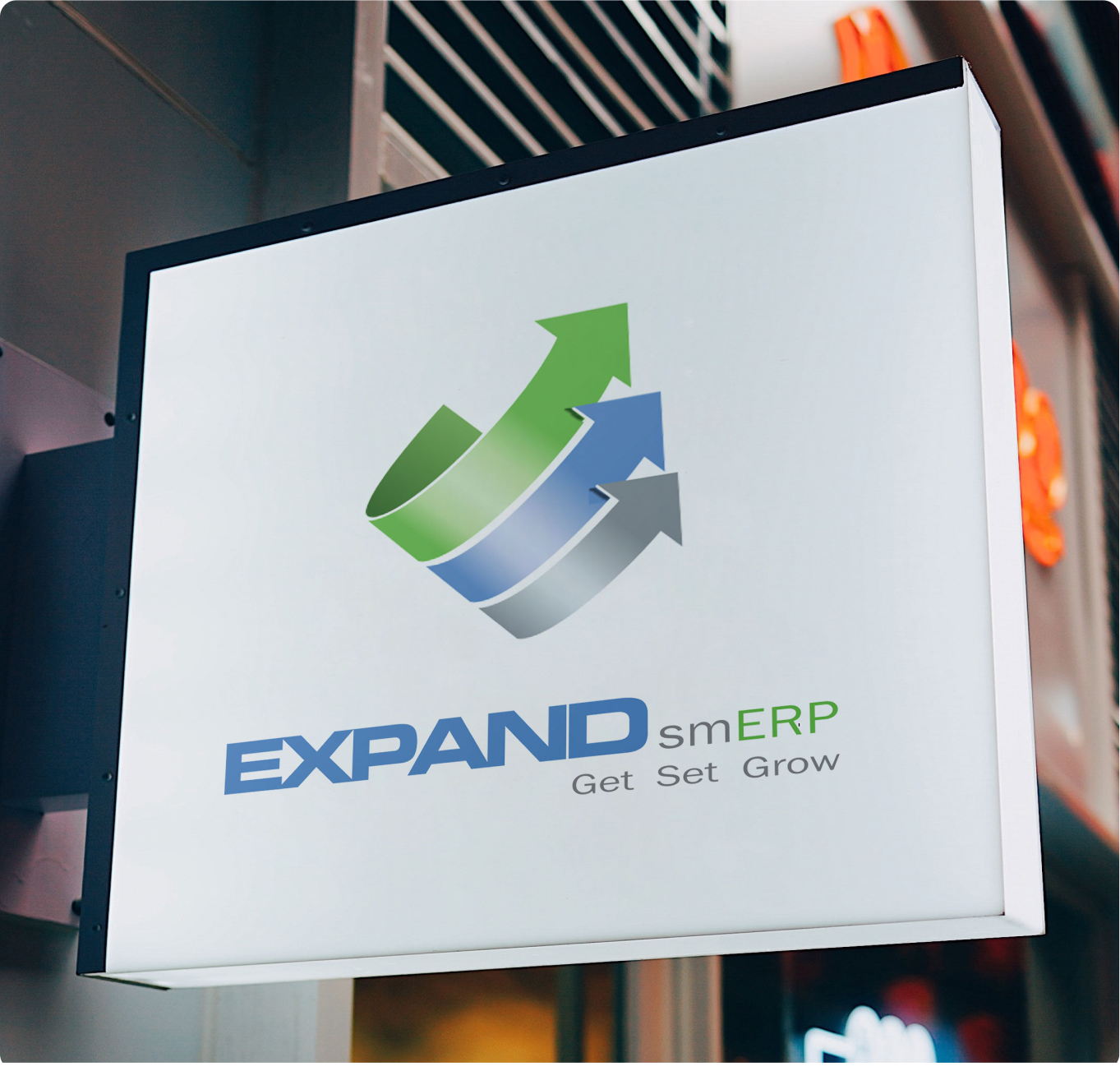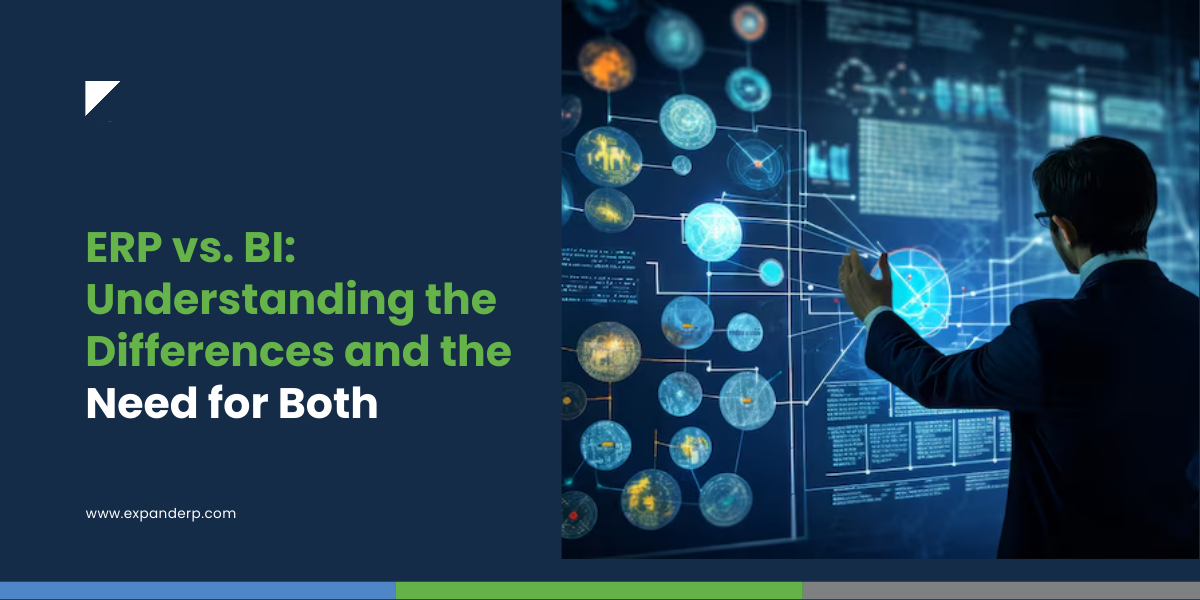Request for Callback
Fill out this form to download.

Fill out this form to download.
Thank You!
Your request for a callback has been successfully submitted. Our team will get in touch with you shortly. We appreciate your patience and look forward to speaking with you soon.
If you have any urgent concerns, please feel free to contact us directly at
+91 9007026542 or email us at [email protected]
Thank You for Your Interest!
Your request to unlock the free demo has been successfully submitted. Please check your email for further instructions and a link to access the demo. We hope you enjoy exploring the features and capabilities of our product.
If you have any questions or need further assistance, please feel free to contact us directly at
+91 9007026542 or email us at [email protected]
The brochure has been sent to your email. Kindly check your inbox, and if it’s not there, please check your spam or junk folder.
We've send a verification code to your phone
Just fill-in the details below and we will get in touch with you within 48hrs, maybe sooner.If it is important feel free to call Ritisha on +91 9007026542.
Thank you for your interest in Expand smERP. A product expert will call you within 48 hours, maybe sooner. If it is important please feel free to call Ritisha on +91 9007026542.
Thank you for your interest in expandsmERP. The login credentials have been sent to your email. Kindly note that these credentials are valid for 3 days.
Thanks for sharing your information For any queries, feel free to contact us at 9007026542.

Discover the key differences between ERP and BI systems and why both are essential for modern businesses. Learn how these tools work together to streamline operations, enhance decision-making, and drive growth.
As competitions rise in today's fast-moving business environment, information management holds the key to competitiveness. With growth, organisations become complex, and two essential tools come into play: Enterprise Resource Planning and Business Intelligence. While both systems are very crucial, they have different purposes, and understanding the difference between them is vital for making informed decisions that drive business success.
Confused about whether your business needs enterprise resource planning or business intelligence? Or do you need both? Keep reading to know the differences between ERP and BI, and why both are important when it comes to the growth and efficiency of your business.
ERP software is designed to integrate and manage the most critical functions of a business. From finance and human resources to supply chain and manufacturing, ERP systems unify all the necessary functions required into one. ERP Integration within organizations enhances real-time visibility of operations, allowing businesses to manage resources in ways best for them. For instance, the best ERP software in India offers companies the chance to automate their routine processes, optimise operations, and ensure all departments work in synergy. ERP solutions have become very important for the continuity of operational efficacy and enhancement of productivity, be it ERP for manufacturing industry or software for export documentation.
Business Intelligence, on the other hand, focuses on data analysis and reporting. Business intelligence tools collect and transform this wide spectrum of data—including a company's ERP system—into actionable insight. Such insights aid business leaders in decision-making by adding a better perception of trends, patterns, and opportunities. Unlike ERP, which is primarily transactional, BI is analytical. It doesn’t just record what’s happening within your organisation; it analyses the data to uncover the ‘why’ behind your business performance. With BI, you can track key performance indicators (KPIs), generate reports, and create dashboards that offer a clear view of your business’s health. This makes BI an essential tool for strategic planning and long-term growth.
While ERP and BI may seem similar at first glance, they serve different purposes within an organisation:
ERP: Manages and integrates day-to-day operations across departments.
BI: Analyzes data to give insights and analytics toward making decisions.
ERP: Operations for collecting and storing transaction data: sales orders, purchase orders, payroll, etc.
BI: It refers to the analysis of the historical and real-time data that would generate reports, dashboards, or predictive insights.
ERP: This is used by functional operations staff in different departments to enable daily work.
BI: For executive, analyst, and decision-maker staff in understanding performance and guiding strategy.
BI: To support decision-making, it identifies trends and helps predict outcomes in the future.
Even though the purposes of ERP and BI differ, they both complement each other. Here's why you need both systems for your business.
Risk Management: The ERP system ensures that the business has a day-to-day risk management system that minimizes errors and inefficiencies in operations. Similarly, BI adds an extra layer of safety through which it is analysed the trends of information and data presented, bringing possible risks before becoming real issues.
Scalability: When the business grows, its operations get more complicated. ERP can help manage such complexity by embedding all the processes in just one system. Meanwhile, BI scales with your business and provides insights necessary to navigate growth challenges.
In the selection of ERP and BI systems, one should look for solutions that would best suit your business needs. The best ERP software in Kolkata or across India should be able to integrate seamlessly with a robust BI tool to provide a comprehensive solution.
For example, if you deal with manufacturing, you will want to have an ERP system running production planning, inventory, and supply chain operations. Meanwhile, your business intelligence tool will need to give you extensive insights into manufacturing efficiency, cost management, and market trends. Together, they will help you optimise operations and keep ahead in the competitive environment.
Implementing a robust ERP system is the first step toward data-driven decision-making. However, to truly unlock the potential of your data, integrating a powerful BI tool is essential. By combining the strengths of both, businesses can achieve operational excellence, drive growth, and stay ahead of the competition.
In the modern business scenario, one can hardly afford to depend upon an ERP or a BI alone. While ERP manages your daily operations, BI empowers you with hindsight to act intelligently and plan for the future. Together, they are invincible in changing the way you run your business.
So, whether you’re looking for the best ERP software or software for export documentation, remember that combining ERP and BI will give you the tools you need to succeed. It's not about ERP vs. BI; it's more about how the two can work together in powering your business toward new heights.
If you’re ready to explore how ERP and BI can benefit your business, get in touch with us today!
Hosted on Certified Data Centers for Highest Level of Data Protection and Reliability.






